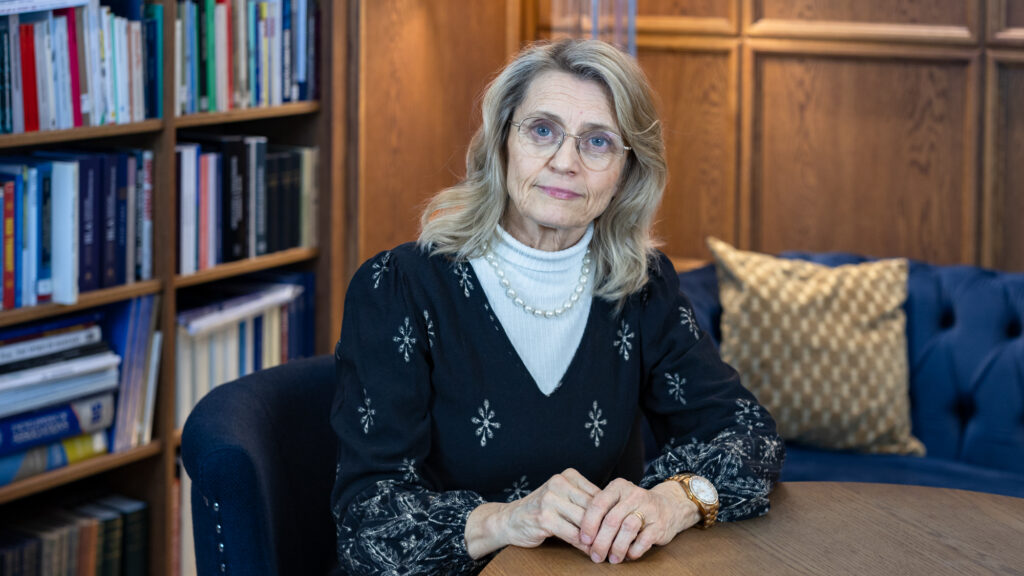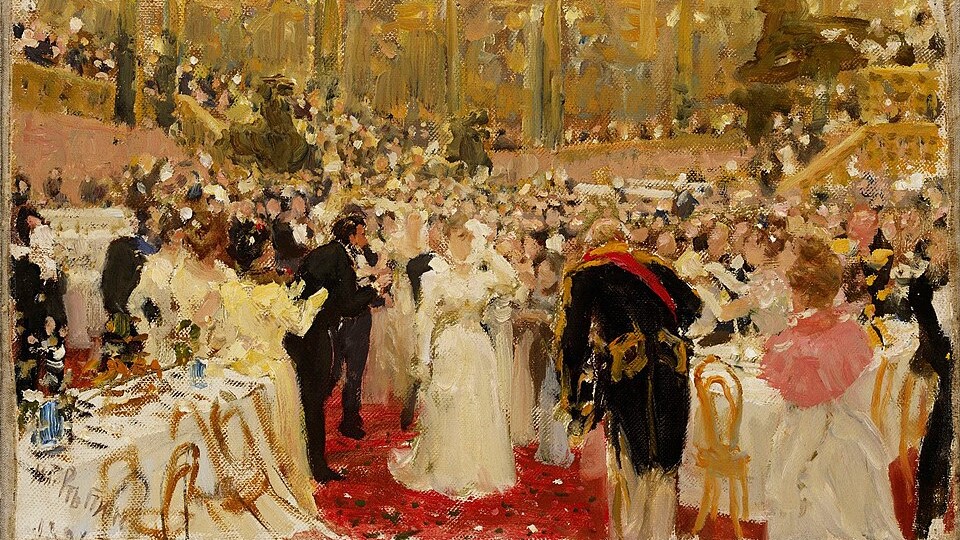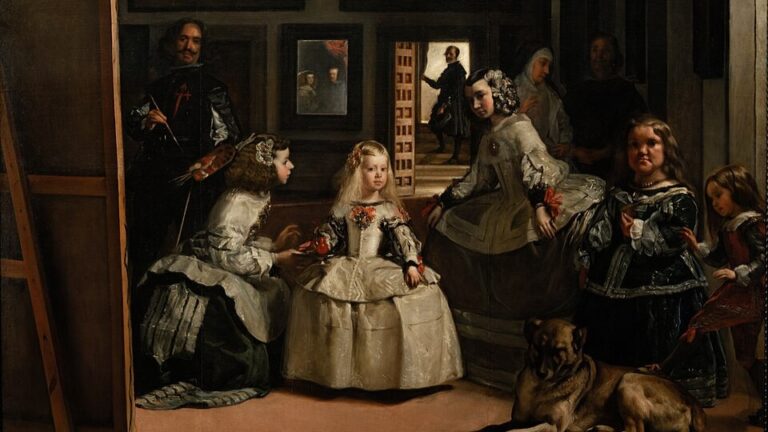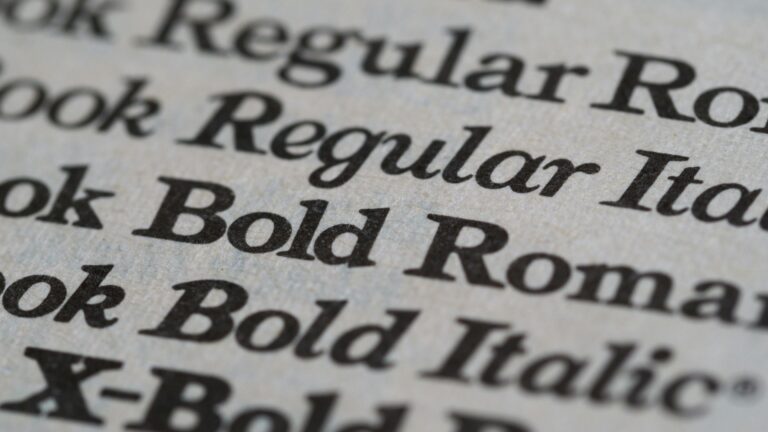Through all its historical manifestations from the beginning of the last century on and especially in the second half of it, Christian Democracy faced the dilemma between long-term commitment to its core values (the governmental protection and support of life and natural family being one of its most characteristic traits) and the short-term benefits of getting along with the trends of an increasingly secularized world that is ever more hostile to such values. Sadly, the fate of Christian Democracy in the 20th century was marked by a leaning toward the short-term benefits, as it can be seen with particular clarity in the history of the Democrazia Cristiana (Christian Democratic Party) in Italy in the 1970s (and afterwards) when its leaders signed laws that legalized divorce and abortion.
The reasons of such a departure from the long-term commitments of Christian Democracy were of course many. Here I would like to highlight one of them that seems to me of singular importance. As the prominent Italian scholar of Aristotelianism Enrico Berti stressed in one of his writings, the Second Vatican Council has brought many changes in the Church and one of them was also the virtual abandonment of the teaching of St Thomas Aquinas that was until then the principal theological and philosophical reference for Catholic thought. Berti remarked that in this was implied also an abandonment of Aristotelianism, since Aquinas’s thought can hardly be dissociated from ‘the Philosopher’, as he called Aristotle in his works.
One of the consequences of such abandonment was, in the realm of Catholic Moral Theology for example, also the virtual obliteration of the Aristotelian concept of nature. Before the council Moral Theology was thoroughly dominated by nature in the sense that human nature (or human essence as it is explicated in the definition of man as a rational animal) provided the basis of ethics. According to this Aristotelian and Thomistic view, an act is good inasmuch it actualizes human nature, and bad inasmuch it hinders this actualization. Therefore, for example, procreation and family life is good since it actualizes human nature at the basic level of biological existence and at the level of education. These are the foundations of what Aquinas calls natural law. Of course, these are solid foundations, since a key feature of them is that they are ahistorical, eternal, since nature in the sense of essence cannot be bound to changing historical contingencies.
With the Second Vatican Council a new kind of theology—the so called nouvelle théologie —stepped inside the Church and started to play a decisive role in it. Its main authors like Marie-Dominique Chenu and Henri De Lubac, following mostly the existential interpretation of Thomism by Étienne Gilson, emphasized that the Aristotelian concept of nature was somehow alien to Christianity and that a more existential, a more historical approach to man (and to Revelation as well) would be more appropriate. I believe that such a denaturalization and historization of Catholic theology and philosophy had deep political implications and that (in a fundamental sense) played a role in the decadence of Christian Democracy, in Italy at least.
‘Obvious defeatism becomes the rule in Christian politics when the “dogma” of the “irreversibility of history” is promulgated’
This impact happened on two levels. Firstly, as a relativization of the programme of Christian Democracy. If in the view of its leadership its core values were not grounded anymore in ahistorical, or better, transhistorical, perennial natures or essences, and they are understood as temporary forms, resulting from an ongoing historical process that will in the future produce different forms, even such that are contradictory with the former ones, it is clear that such leadership will sooner or later throw such ‘core values’ into the bin. Does it have any meaning at all to speak of long-term commitment where the programme of a political option is not grounded in perennial certainties?
Secondly, the abandonment of the concept of nature in Catholic theology affected Christian Democracy in Italy by way of what Roberto de Mattei calls the belief in the ‘irreversibility of history’. If history loses its grounding in a transhistorical reality that affects the former as its end and orientation point, then history becomes an end to itself. History become an Absolute, as it happened in the philosophy of Hegel and of his disciples, where world history is equated with the Final Judgement as Hegel paraphrases Schiller’s verse ‘Die Weltgeschichte ist das Weltgericht’. In such a context history is irreversible since every historical success amounts to a canonization and every loss to a reprobation. Therefore, it is not admissible to reconsider views that were previously held, but where afterwards rejected by public opinion in a certain historical situation, what can be seen as a variation of the infallibility of Rousseau’s volonté générale. If we lose the sense of the transhistorical character of human nature, we can easily become prey of such a distorted view of history that is indeed still very widespread today. No surprise then that Christian Democracy became its prey, too, when the essence fell into oblivion in the 1960s and afterwards. Its decadence can be therefore seen as the result of the obvious defeatism that becomes the rule in Christian politics when the ‘dogma’ of the ‘irreversibility of history’ is promulgated.
On the other hand, when we become once again aware of the perennial reality of human nature (and of other essences as well), we are not just capable of basing our core values on solid foundations, but we can become also encouraged by the fact that human nature is really at work in every human being. Its sound natural tendencies are exercising a real pressure in the souls of all mankind to actualize its potencies and to thus reach true human happiness. Of course, a time can come, and the last decades where certainly such a time, when this pressure comes to be misinterpreted, obfuscated, negated. But still nature is at work within us with its arcane thrust. And the task of Christian Democracy is to address this thrust and to rebuild Christendom upon it.
The lesson that comes to us from the experience of the decadence of Christian Democracy in Italy, however, is not by itself a lesson just for the Catholic world. The same principle can be applied to Christian Democracy in general. Christian Democracy will regain its full political stature only when this political option regains the classical philosophical insight of the metahistorical reality of nature (as it was so prophetically stressed by Pope Pius XII in his encyclical Humani generis) and of human nature in particular as the determining and deepest human strength at work in world history. And maybe we are not far from this moment.
Related articles:







